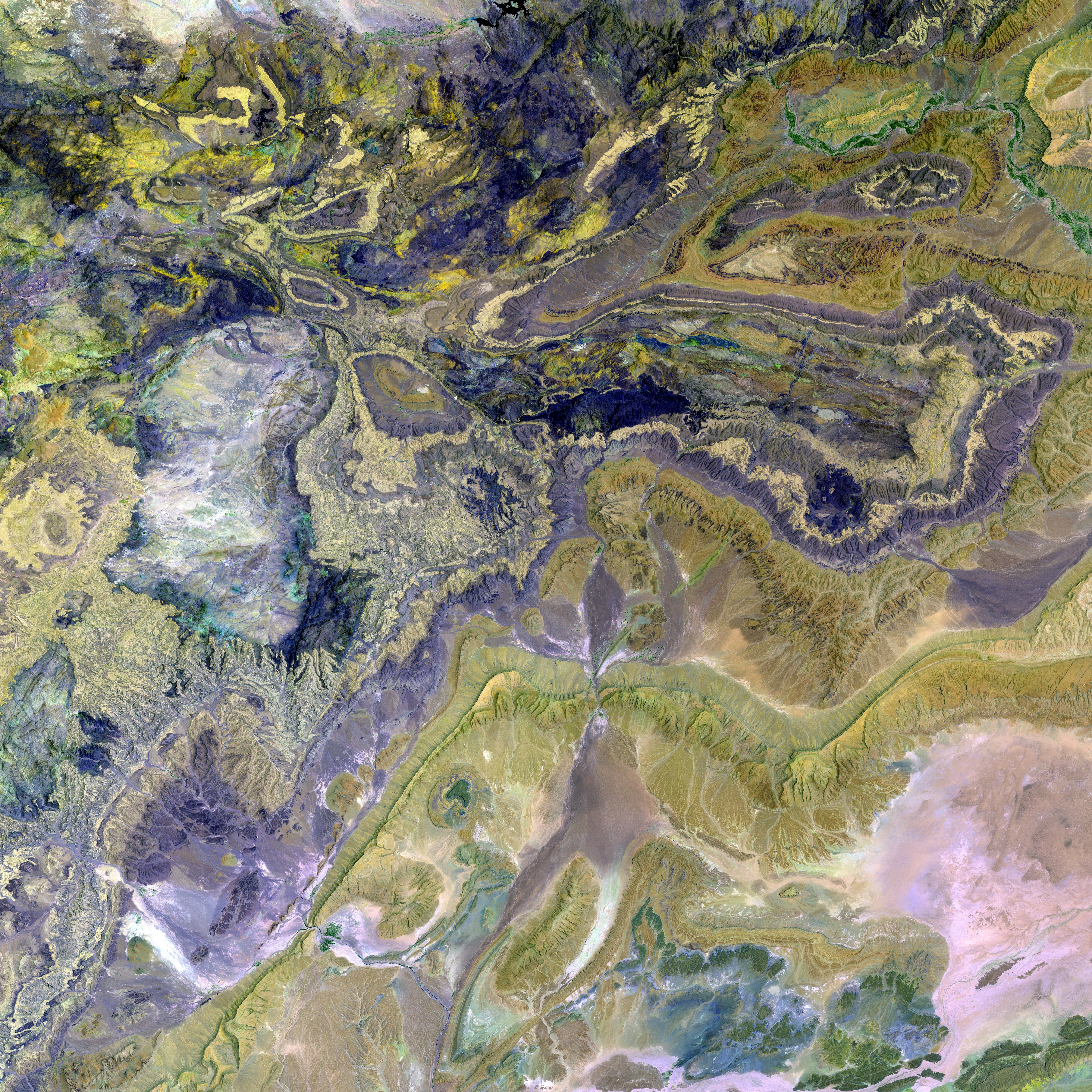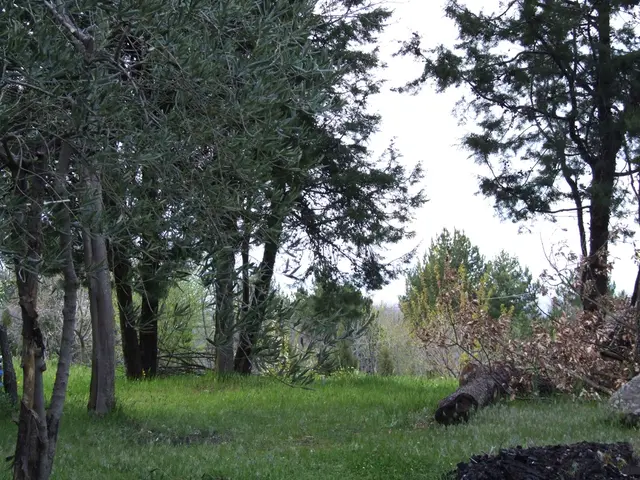Interview Questions for Hansi Singh, Planette's Chief Executive Officer
In an exclusive interview, Hansi Singh, CEO of Planette, a San Francisco-based company at the forefront of AI-powered long-range weather forecasting, discusses the company's innovative approach to bridging the gap between short-term predictions and long-term climate projections.
David Kertai questions how Planette contributes to weather forecasting beyond the typical two-week limit. Singh explains that the company relies on coupled atmosphere-ocean Earth system models, considering multiple Earth climate components. These models harness observational data, physics-based models, and machine learning techniques to enhance weather predictability. By combining Planette's AI learning model with existing weather models from NOAA and the European Center for Medium-Range Weather Forecasts, the forecasts offer high-resolution projections of key environmental variables, aiding proactive decision-making for businesses, NGOs, and governments.
When asked about the emphasis on ocean data, Singh highlights the ocean's role as a more reliable predictor for long-term trends due to its large heat capacity. By analyzing oceanic temperature trends, currents, and heat distribution, the AI machine-learning models can predict weather volatility months or even years in advance. Factors such as El Niño and La Niña, which significantly shape global weather patterns, are particularly impactful. Integrating oceanic data sets with atmospheric and land data allows Planette's AI models to identify complex patterns and correlations, resulting in more accurate sub-seasonal, seasonal, and annual weather predictions.
The challenges of AI in weather prediction accuracy are not unfamiliar to Singh, who explains that traditional models focus on atmospheric conditions, providing forecasts for up to 10-14 days. While AI has improved short-term forecasting, long-range predictions remain complex due to the need to integrate multiple Earth components. Additionally, AI models often require large datasets for training, and the scarcity of accurate long-term data complicates the production of reliable forecasts. To tackle these issues, Planette is heavily invested in research and development to integrate advanced AI techniques with traditional physics-based models, creating an AI machine-learning model capable of capturing complex physical relationships between Earth components, improving the accuracy of near-future weather predictions.
Examples of how various industries utilize Planette's forecasts include the Metropolitan Water District of Southern California, which uses the forecasts to manage water resources, prepare for droughts, and optimize reservoir operations. Agriculture and finance are other sectors affected by climate volatility, with companies trading energy, power, and agricultural goods using Planette's forecasts to anticipate commodity price shifts, and NGOs working in agriculture using the forecasts to guide small-scale farmers in crop planning.
To help predict the impacts of climate change, Planette focuses on providing accurate, high-resolution, AI-powered forecasts accessible to organizations involved in disaster preparedness, public safety, humanitarian efforts, and sustainable practices. By understanding long-term climate trends, these entities can better anticipate and mitigate the adverse effects of climate change. As climate change accelerates, Planette's forecasts support decision-makers as they navigate an unpredictable world.
- Hansi Singh, CEO of Planette, employs coupled atmosphere-ocean Earth system models, a data-driven, science-based approach that harnesses observational data, physics-based models, and AI machine learning techniques, aiding in enhancing weather predictability.
- The integration of Planette's AI machine-learning model with existing weather models from NOAA and the European Center for Medium-Range Weather Forecasts offers climate-change-focused forecasts, providing high-resolution predictions of key environmental variables, benefiting businesses, NGOs, and governments alike.
- In a unique approach, Planette's AI models place emphasis on ocean data, considering oceanic temperature trends, currents, and heat distribution to predict weather volatility months or even years in advance, serving to identify complex patterns and correlations.
- Aiding industries such as agriculture, finance, and water management, Planette's AI-powered, long-range weather forecasting serves to guide proactive decision-making by enhancing sub-seasonal, seasonal, and annual weather predictions, offering valuable insights into climate-change related impacts.
- Focusing on providing accurate, high-resolution, AI-powered forecasts accessible to organizations involved in disaster preparedness, public safety, humanitarian efforts, and sustainable practices, Planette continues to contribute to innovative technology and artificial-intelligence-powered environmental science research, supporting decision-makers in an increasingly unpredictable world.








